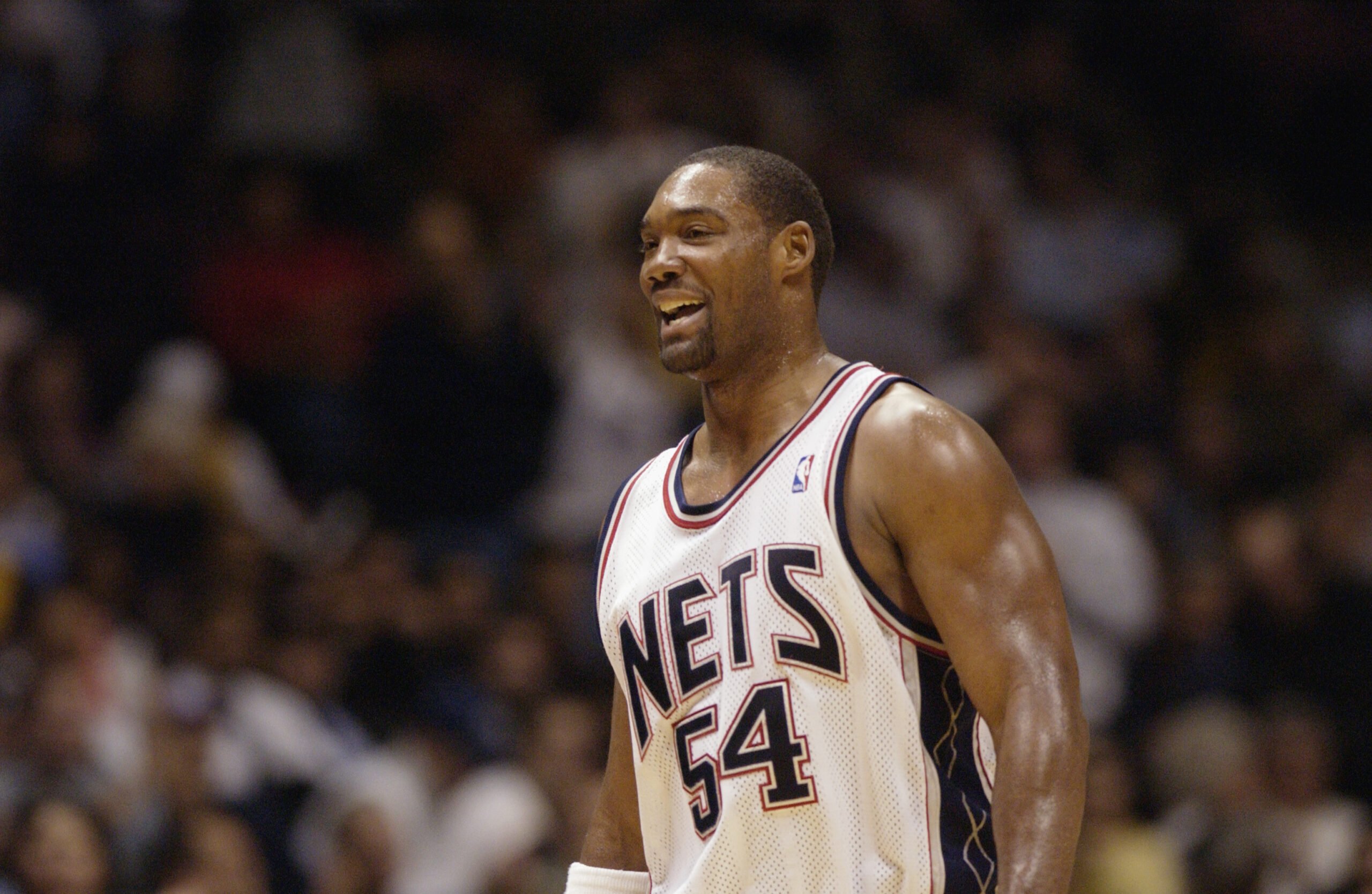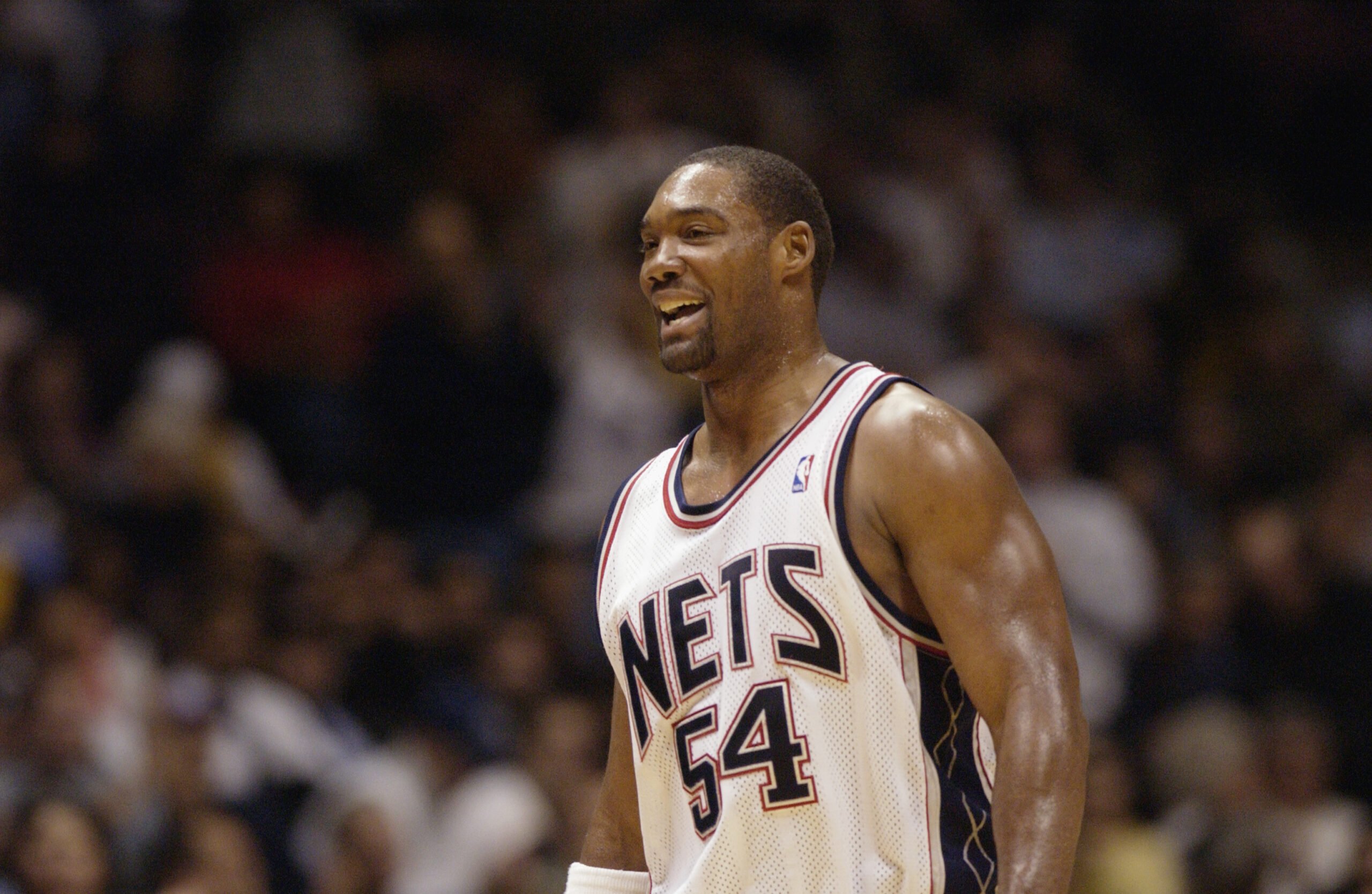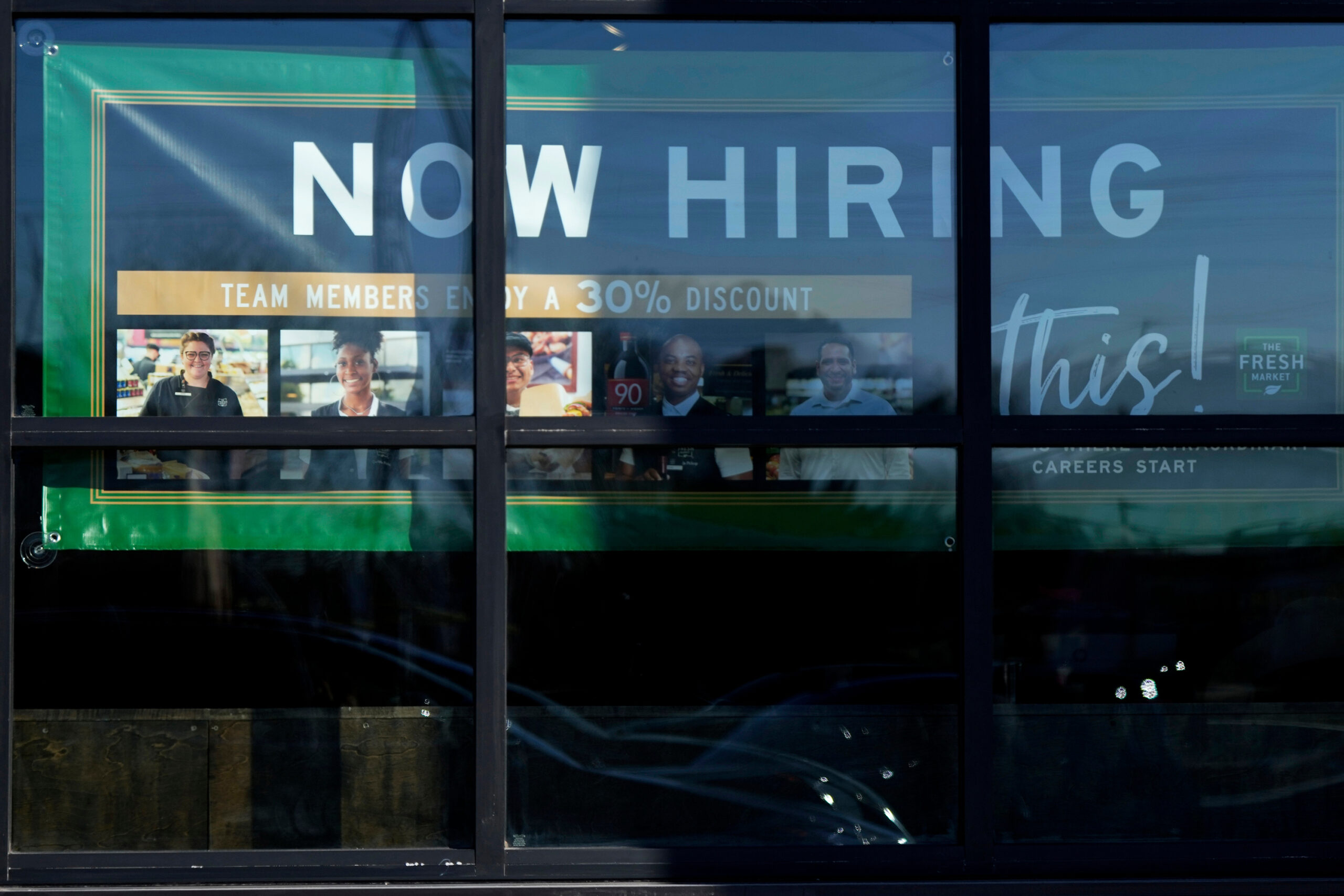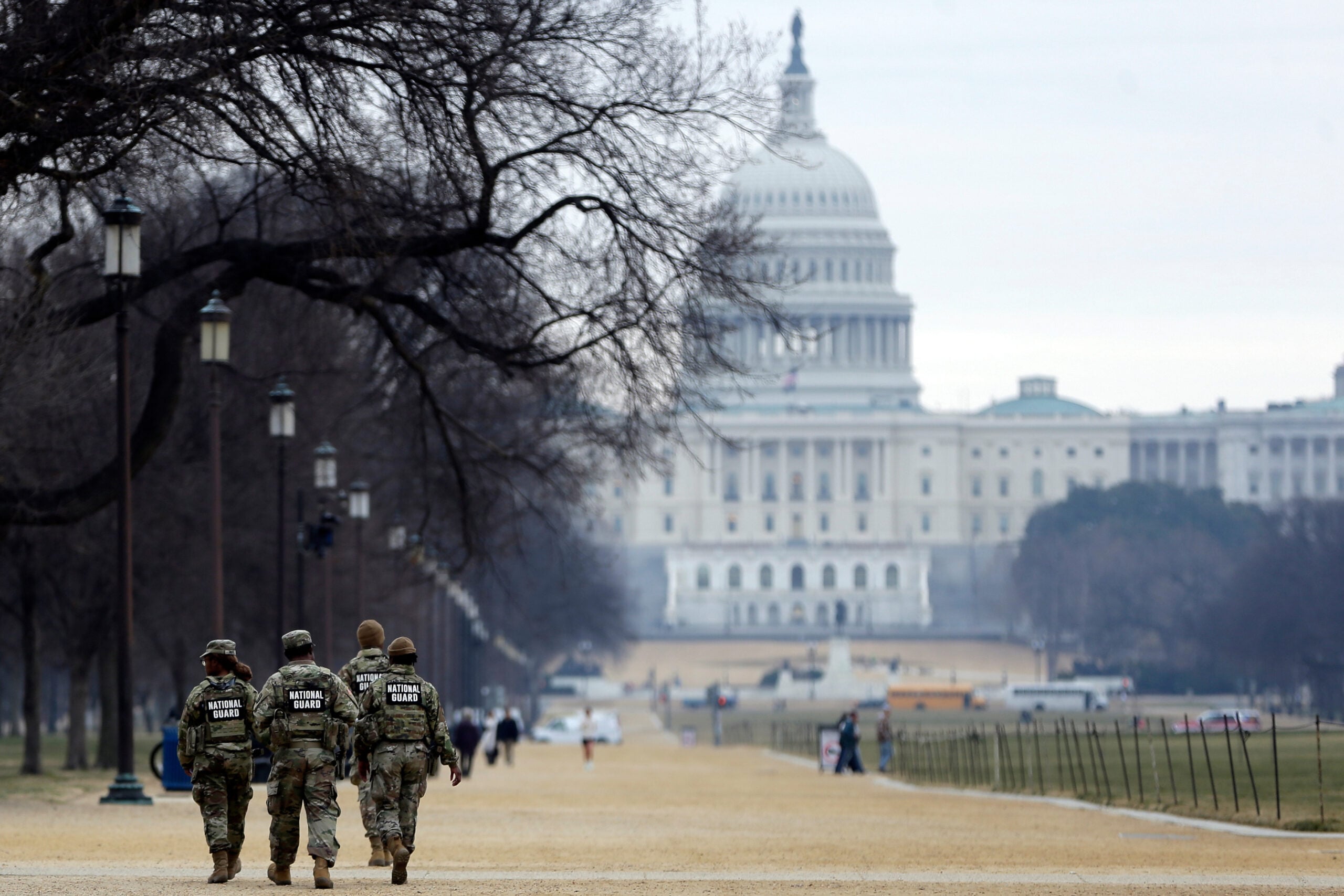
The basketball world is mourning one of its quiet giants. A man whose game was thunder and whose heart was pure gold. Rodney Rogers, the Wake Forest powerhouse who carved out a 12-year NBA career and claimed the league’s Sixth Man of the Year honor, passed away at 54 on Friday (Nov. 21.)
Before the league, before the accolades, before the highlight reels, Rogers was the kid who lit up Winston-Salem. When he arrived at Wake Forest in 1989, he didn’t just join the program— he shifted its entire orbit.
“Rodney Rogers transformed and accelerated the upward trajectory of Wake Forest University as well as Demon Deacons basketball from the moment he signed,” Wake Forest’s athletic director John Currie said in a statement. “His power, his grace, and even more so, his heart, changed this university forever. His perseverance after his accident inspired thousands. Rodney showed us what real strength looks like.”
Currie wasn’t exaggerating.
Rogers exploded onto the scene in 1991, snagging ACC Freshman of the Year and dragging Wake Forest straight into the NCAA Tournament. By 1993, he was that guy— ACC Player of the Year, First Team All-American, and the force every team circled on the scouting report.
The Denver Nuggets selected him at No. 9 in the 1993 NBA Draft, launching a professional career that would span seven franchises: the Nuggets, Clippers, Suns, Celtics, Nets, Hornets, and 76ers.
It was Phoenix where Rogers hit his stride.
During the 1999–2000 season, he established himself as a super reserve, averaging 13.8 points on nearly 49 percent shooting, playing all 82 games, and winning the NBA Sixth Man of the Year trophy. Rogers would then land with the Nets, where he would help the franchise reach the NBA Finals in 2003.
The Nets honored him with a tribute this weekend, saying, “We’re saddened to hear of the passing of Rodney Rogers… Our thoughts and prayers are with his family today.”
But Rogers’ story extended far beyond basketball.
In 2008, an ATV accident left him paralyzed from the shoulders down— a life-altering moment, but not a spirit-breaking one. Instead, Rogers turned his adversity into action, launching the Rodney Rogers Foundation to support others living with spinal injuries.
Former Wake Forest head coach Dave Odom reflected on the man behind the stats sheet:
“It’s easy to talk about his talent — and it was extraordinary — but what made Rodney unforgettable was how deeply he loved: his teammates, his family, Wake Forest, the game. He never complained. He faced life as it came and made the most of every moment. Watching him play was a joy, but knowing him was the real privilege.”
Rogers leaves behind his wife, Faye, and his children Roddreka, Rodney II, and Rydeiah, along with a community forever shaped by his strength — on the court, after the accident, and every day in between.





